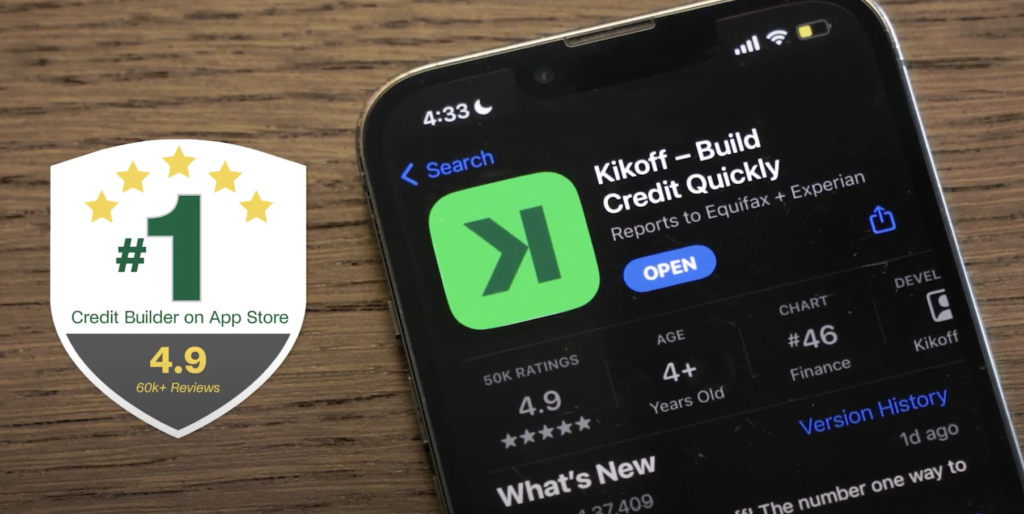Use these tips to determine your home budget
Buying a house is a major financial decision, and it's important to know how much house you can afford before you start your search. Here are some tips to help you determine your budget:
Calculate Your Debt-to-Income Ratio
Lenders use your debt-to-income ratio (DTI) to determine how much mortgage you can afford. Your DTI is the percentage of your monthly income that goes toward debt payments, including your mortgage, credit card bills, and other loans. Most lenders prefer a DTI of 36% or lower.
To calculate your DTI, add up all of your monthly debt payments and divide by your gross monthly income. Multiply the result by 100 to get your DTI percentage.
Determine Your Down Payment
Your down payment is the amount of money you pay upfront when you buy a house. Most lenders require a down payment of at least 20% of the purchase price to avoid private mortgage insurance (PMI). However, some lenders may allow a lower down payment.
Consider Your Credit Score
Your credit score is a major factor in determining how much house you can afford. A higher credit score can help you qualify for a lower interest rate, which can lower your monthly mortgage payment. If your credit score needs improvement, consider using a credit-building tool like Kikoff to increase your score before applying for a mortgage.
Kikoff: A Step to Increase Your Credit Score
Kikoff is a great tool to use if you're looking to improve your credit score before buying a house. Kikoff offers credit-building accounts that can help you establish a strong credit history and improve your score over time.
By making on-time payments and demonstrating responsible credit management, you can increase your credit score and qualify for a better interest rate on your mortgage. With a lower interest rate, you can afford to borrow more money without increasing your monthly mortgage payment.
Final Thoughts
Determining how much house you can afford is an important step in the homebuying process. By calculating your DTI, determining your down payment, and considering your credit score, you can get a better idea of how much house you can afford. Using a credit-building tool like Kikoff can also help you improve your credit score and qualify for a better mortgage. By following these tips, you'll be well on your way to finding the perfect home that fits your budget.

















